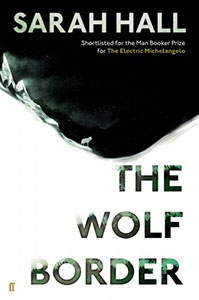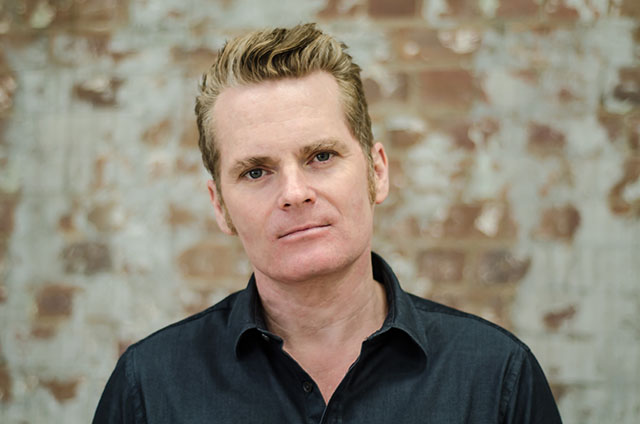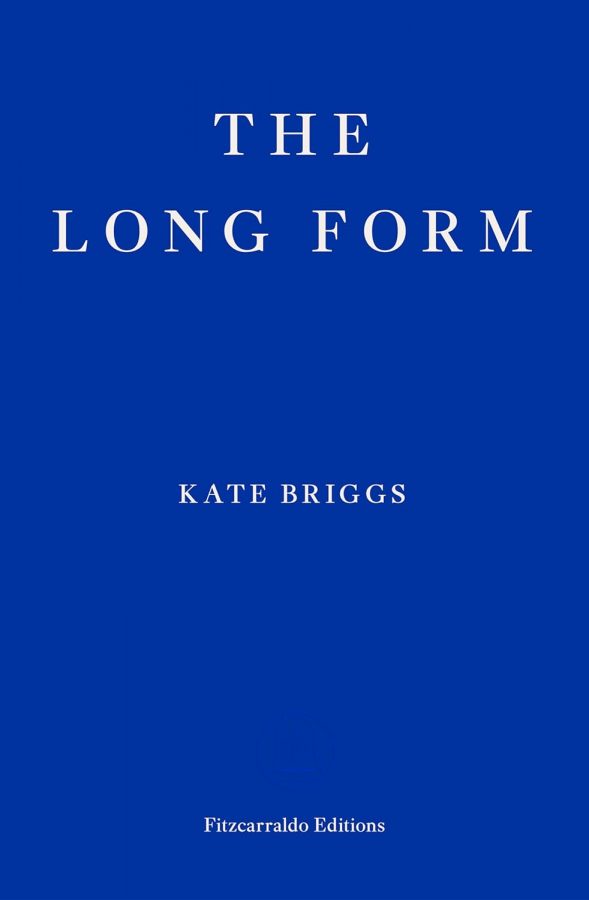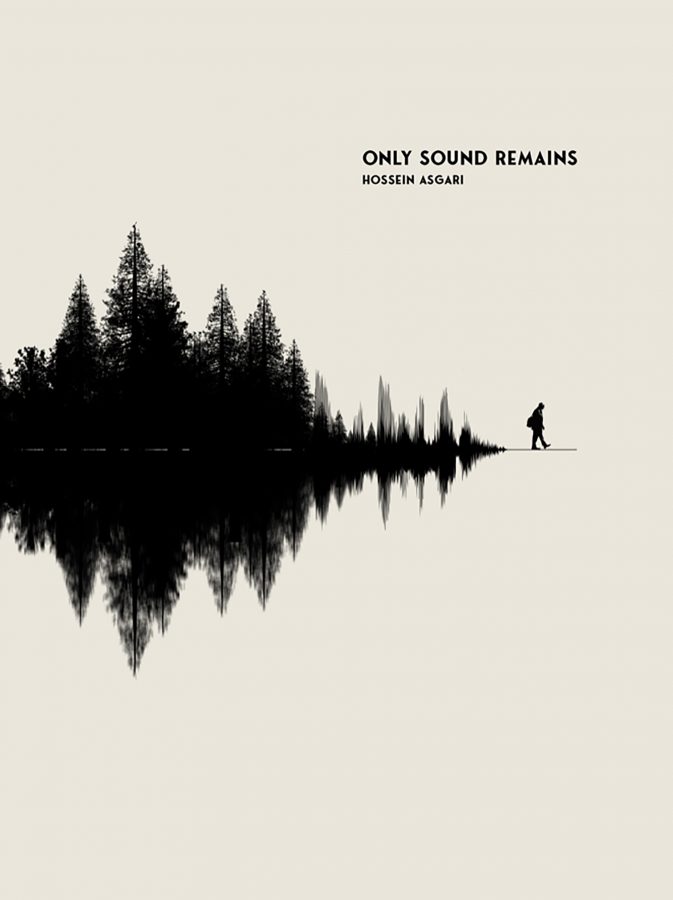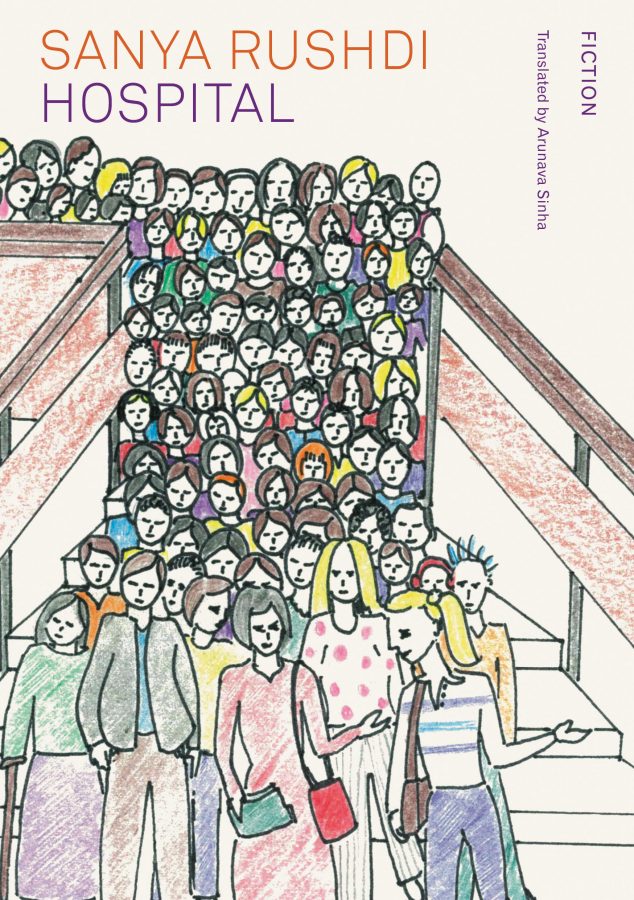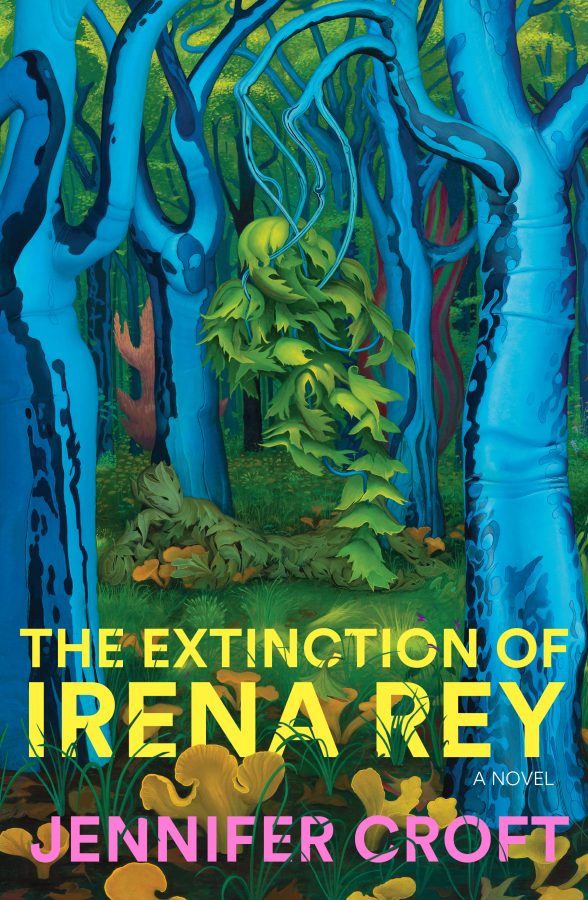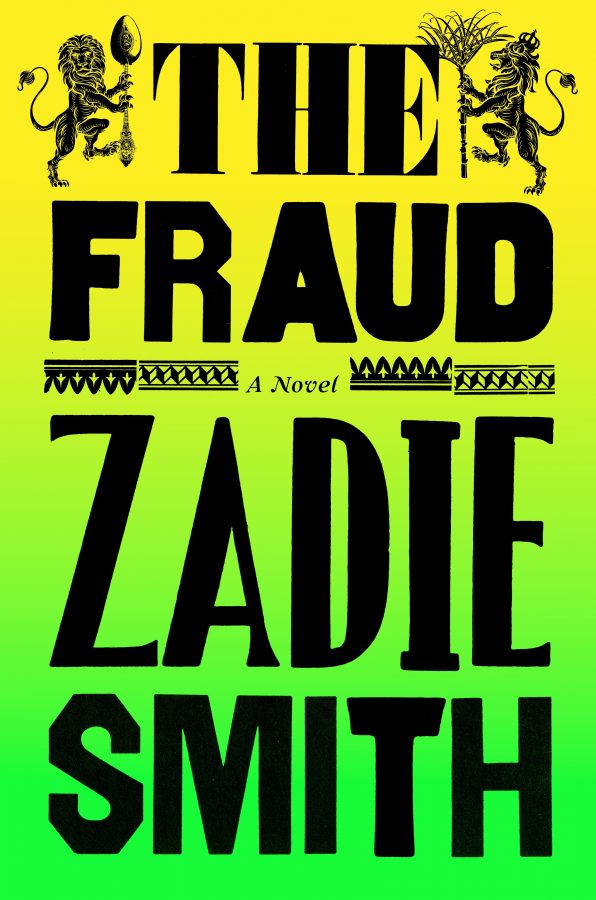Earlier this year, Robert MacFarlane published a fascinating essay about the eeriness of the English countryside. Beginning with that poet of the inverted pastoral, M. R. James, and his characteristically unsettling story ‘A View from a Hill’ – in which a pair of field-glasses treated with the boiled remains of dead men allow their owner to glimpse the violent past that lurks beneath the bucolic present, revealing ‘the skull beneath the skin of the English countryside’ – MacFarlane circled outward, gathering in works as diverse as P. J. Harvey’s hauntingly visceral portrait of England and Englishness Let England Shake (2011), the third and final part of M. John Harrison’s astonishing Kefahuchi Tract trilogy Empty Space (2012), and Ingrid Pollard’s subversive photographic study of the Lake District Pastoral Interlude (1988), to suggest that it is possible to discern in all of them ‘a fascination with … ideas of unsettlement and displacement’. Or, in more prosaic terms: ‘In music, literature, art, film and photography … the English eerie is on the rise.’
To MacFarlane’s mind this cultural irruption is best understood as ‘an attempt to account for the turbulence of England in the era of late capitalism’. But it also
coincides with a phase of severe environmental damage. In England, this has not taken the form of sudden catastrophe, but rather a slow grinding away of species and of subtlety. The result, as James Riley notes, is ‘a landscape constituted more actively by what is missing than by what is present’. This awareness of absence is expressing itself both in terms of a vengeful nature (a return of the repressed) and as delicate catalogues of losses.
While its textures are neither fantastical nor unearthly, Sarah Hall’s remarkable new novel The Wolf Border embodies many of these same concerns. Taking its title from the Finnish term susiraja, which denotes the boundary between the region of the capital and the rest of the country and, more importantly, ‘suggests everything outside the border is wilderness’, it is a book deeply concerned not just with the complexities of the human relationship with the landscape, but with the question of the place of wildness in a world where the boundaries between the real and the artificial, the old and the new, have blurred in strange and often troubling ways.
Like Hall’s previous novels, The Wolf Border is set in the high, wild border country of Cumbria and is deeply informed by the physical and social textures of the region. At its centre is zoologist Rachel Caine. Originally a native of Cumbria, Rachel is now based on an Indian Reservation in Idaho, as the leader of a team managing the local wolf population. It is work that suits Rachel. Solitary, ferociously independent, both personally and intellectually (one of the pleasures of the novel is the degree to which its deeply sensual textures are nonetheless embedded within her sceptical, scientific perspective), and uninterested in polite society, Rachel is, like the wolves with which she works, most comfortable in the wild. Yet she is not living a full life, or not quite, because, as becomes clear, these qualities are at least partly defensive, a response to the disorder and borderline neglect of her childhood, and her unresolved feelings toward her mother, Binny – feelings that have prevented her from returning to Cumbria, or even to England, in almost a decade.
That changes when Rachel is headhunted by the Earl of Annerdale, Sir Thomas Pennington. Pennington – a mercurial figure with deep political connections and wealth to match – wants Rachel to head up his program to reintroduce wolves into England. At least initially, Rachel declines. Quite aside from her ambivalence about returning to Cumbria, she feels that Pennington’s scheme, which involves a controlled reintroduction onto his estate rather than the release of wolves into the wild, is not to her taste. As she tells him:
the scheme here – well it’s captivity. It would be a step backward for me.
Having turned Pennington down and fumbled her way through a painful visit with her mother, who is now confined to a nursing home, Rachel returns to Idaho, intending to pick up where she left off. But once she is back in America, her life quickly unravels. A drunken indiscretion with her best friend and colleague is followed first by the news her mother has died, and then the discovery she is pregnant. Unable to countenance the idea of telling the father, or to easily procure a termination in Idaho, Rachel elects instead to accept Pennington’s offer and return to England. Back in Cumbria, she assembles a team and begins to make preparations for the arrival of the wolves, while simultaneously investigating an abortion. But at the last minute she hesitates, and almost by default elects to have the child while managing the wolves and their reintroduction.
*
Although Hall’s depiction of Rachel’s struggles to adapt to her new life are distinguished both by their acuity and the lightness of her touch, these early sections possess a raw, ragged emotional power. Perhaps not surprisingly in a novel so grounded in the physicality of bodies, human and otherwise, Hall is particularly good on the actual business of pregnancy, both the bodily experience and the workaday experience of visits to doctors and hospitals. The novel gives a unsentimental portrait of the early months of parenthood, capturing their strangeness, intensity and simultaneous exhaustion, wonder and boredom. There is also a thrillingly direct eroticism and ferality about the book’s exultant and matter-of-fact descriptions of sex, a determination not to shy away from the animal nature of the act.
The novel is no less effective in its portrayal of the familial and professional relationships that surround Rachel, shifting with great facility between the complexities of class and the mysterious difficulties of her relationship with her younger brother, Lawrence, whose life has been marked even more indelibly than Rachel’s by the unsettled circumstances of their upbringing.
Yet while it is the human drama that drives the narrative, it is the wolves that are its true centre. The novel opens in a dream, or a memory of a dream – a sequence which gestures to the power of the wolves as symbols, reinforcing the way they inhabit the realm of myth and metaphor, while simultaneously insisting on their reality, the fact the real wolves ‘reign outside the mind’.
While this duality is never forgotten, it is subordinated to a fascination with the unknowability and otherness of the wolves. Intellectually at least, it is a fascination that is framed by Rachel’s careful cleaving to biological theories about the wolves’ behaviour, and her rigorously scientific approach to the business of their care. These are both qualities that demand we never lose sight of the fact that they are animals, creatures designed by evolution to exploit their environment as effectively as possible. But moving around and beneath this scientific perspective is another, less easily quantified awareness of the strangeness and beauty of the wolves, a quality embodied in the quicksilver of Hall’s prose. Barely a sentence after admitting the limits of scientific theory, the degree to which what we know of their inner worlds is ‘guesswork, or extrapolation’, Rachel glimpses the male wolf, who has been named for the Ancient Egyptian Sun God, Ra:
The glacial eyes seem colourless, then, in the tilting light, like shale flame.
The association between the wolves and flame is not accidental, nor is this the only time the link is made, either between his ‘blue-fired gaze’ or the brilliance of his fur, ‘pale gold and silver-white, like the flame of a matchhead’. Fire dances through the novel, its suggestion of transformation and metamorphosis, of desire and wildness, generating an interplay of ideas and associations, conjuring memories of old gods and tricksters while simultaneously offering a reminder of the campfires of our ancestors, of the way those fires kept the wolves at bay, transforming them into creatures that haunted the liminal space beyond, and perhaps inevitably, of the protean, elusive nature of the wolves themselves.
The image of ‘shale’ flame also makes explicit the connection between the wolves and the landscape, and the deep history encoded in its strata. Given Hall’s ongoing fascination with place, this association is unsurprising. To think about wilderness and the wild is also, perhaps inevitably, to think about time. Yet fittingly for a novel written in the second decade of the twenty-first century, The Wolf Border resists a simplistic romanticism about the wild, or the means and the reasoning behind its preservation. It is continually bringing the reader up short with reminders of the fact that not only are the wolves only in England because humans have brought them there, but their wildness is really nothing more than a sort of carefully managed simulacra of wilderness, a fantasy hemmed in on every side by complex political arrangements and specially constructed fences.
Nor are the ironies of their presence restricted to the idea of their wildness. Despite his care to minimise its outward expression, there is no disguising the fact the Earl is a member of the old elite, a man whose wealth seems (to use another geological metaphor) almost ‘Jurassic … a behemoth … he resides at the apex, above all trophic levels’.
Pennington is, of course, a very modern kind of aristocrat, a man careful to maintain the illusion his wealth and status are simply a detail in his life, something as unexceptional as having the Prime Minister drop in for dinner. Yet there is no escaping the fact his informality (and that of his daughter) is learned, a way of disguising the profound gulf that separates him from the people around him.
This determination not to allow the scale of the Earl’s privilege to elide itself is important, particularly in a historical moment when the images of historical privilege we are offered tend to be the comforting fantasies of Downton Abbey and its ilk. Even in isolation this would be powerful, but in fact the novel goes further, seeking to expose the way such wealth is neither neutral nor natural. In one of the novel’s most unsettling scenes, a protest outside the estate’s gates is interrupted by the arrival of an unknown figure dressed in a ‘pinstripe suit and papier-mâché wolf’s head’ and carrying a briefcase, a figure that indulges in a peculiarly sinister piece of street theatre before disappearing.
The protester’s performance, with its echoes of ‘Red Riding Hood’ and the lascivious, sinister wolves of folklore and fairy tale, is eventually defused by one of Rachel’s team, but not before it has made its point about Pennington’s position as a member of ‘the apex class; the financial raiders in charge’, and, perhaps significantly, connected it back to an older tradition of English political dissent. As Rachel reflects:
it all seems a peculiarly British display, Shakespearean almost: absurdity combined with intellect, adults engaged in mummering.
This sense of the unsettled political landscape that underlies the project is made more potent by Hall’s decision to set the action of the novel against the backdrop of a vote on Scottish independence. I say ‘a’ vote, not ‘the’ vote, because as gradually becomes clear the referendum in the novel is not the one that was held in our reality, nor is the world the novel depicts quite our own. David Cameron is not Prime Minister; instead, a different ‘beige Etonian’, Sebastian Mellor, heads up the British Government. The Scottish First Minister is not Alex Salmond, but Caleb Douglas. And more importantly, in The Wolf Border the referendum does not fail. Instead, in a moment of messy and curiously unexultant surprise, it succeeds, sundering Scotland and England from their collective pasts and opening up the possibility of new futures for both.
This use of the counterfactual is not new for Hall. Despite its intense groundedness and fascination with the verities of place, her work has never been strictly realist, drawing in elements of the fantastic. Sometimes, as in her award-winning story ‘Mrs Fox’, which features a woman who turns into a fox while on a walk in the wood (and which prefigures some of the concerns of The Wolf Border), this has involved a preparedness to explore the possibilities of the magical. In the case of her third novel, The Carhullan Army (2007), which takes place in a dystopic future England where oil reserves have been exhausted and reproduction is largely outlawed, it has seen her venture into explicitly science-fictional terrain.
In The Wolf Border, the step sideways from the real is presumably at least partly about forestalling the often uncomfortable (and legally complex) process of shoehorning real people and real events into fictional narratives, a problem that is made even sharper by the fact Rachel meets both the Prime Minister and the Scottish First Minister at different points in the narrative. (Mellor has suffered ‘the usual degradation in office. His hair is thinner, greyer; the stress of the job has taken its toll’; Douglas is curt to the point of rudeness, ‘a hard-line bully’). But it also serves to destabilise the narrative in other, less obvious ways, by underlining the often hidden contingency of history, the degree to which alternatives are always present. It opens the way for the novel’s final third, and the astonishing moment of release of its final line, in which the carefully controlled stasis of the novel’s earlier sections gives way, liberating the characters and the wolves into a future that is less contained and less predictable, yet also given shape by new and unexpected possibilities.
There is a potent political message embedded in this recognition of contingency, a reminder the future is not yet written, and that it is in our hands to change it, as well as a reminder that the stretching of form and genre MacFarlane identifies in the rise of the English eerie is really only one expression of a much more widespread process, as writers around the world revitalise old forms to give shape to the increasing weirdness of a world unsettled by economic and environmental transformation. For while Rachel’s fascination with the wolves can be understood as a kind of grief for what has been lost, for the ecocide that is going on all around us, it is the triumph of this rawly sensual and thrillingly intelligent novel that this awareness is simultaneously an affirmation of possibility. As Rachel realises:
There is no wound. The only wound is life, recklessly creating it, knowing it will never be safe, it will never last; it will only be real.
References
Robert MacFarlane, ‘The eeriness of the English countryside,’ Guardian (10 April 2015).
